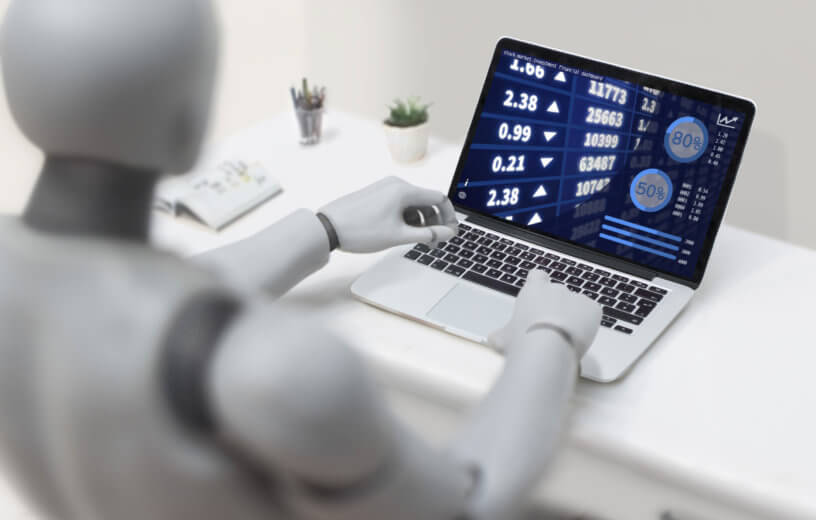PROVO, Utah — You may have heard about the “inevitable robot takeover” of the job market. After all, why would an employer hire a human if a machine can do the same job at a lower cost? Researchers from Brigham Young University, however, suggest that the rumors of humanity’s defeat at the hands of automation have been greatly exaggerated — at least for now.
BYU sociology professor Eric Dahlin reports that robots are indeed taking jobs from humans, but at a much lower rate than most assume. Researchers add that people are generally quick to severely exaggerate the rate of robot takeover.
More specifically, study authors found that only 14 percent of workers in their study have lost their job to a robot. However, these individuals are also more likely to overestimate the prevalence of robots taking jobs from other humans by about three times.
The team surveyed close to 2,000 people for this project. Study authors asked about their perceptions of jobs being replaced by automation and respondents had to estimate the percentage of employees who have lost a job to a robot. They were then asked if their own employer had ever replaced their job with a robot.

Workers who had been replaced by a robot (about 14%) estimated that 47 percent of all jobs have become automated. Meanwhile, those who have never personally been replaced by a robot still tended to overestimate the trend, guessing that about 29 percent of all jobs have been taken by robots.
“Overall, our perceptions of robots taking over is greatly exaggerated,” Prof. Dahlin says in a university release. “Those who hadn’t lost jobs overestimated by about double, and those who had lost jobs overestimated by about three times.”
Fears of automation are nothing new and go back centuries
Study authors theorize that sensational headlines over recent years depicting a grim employment future fueled by ever-expanding technologies have probably overblown the threat of robots taking all of our jobs. Interestingly, Prof. Dahlin adds that people have been worrying about being replaced by automation processes since the early 1800’s.
“We expect novel technologies to be adopted without considering all of the relevant contextual impediments such as cultural, economic, and government arrangements that support the manufacturing, sale, and use of the technology,” he explains. “But just because a technology can be used for something does not mean that it will be implemented.”
Researchers note their work is generally consistent with the findings of previous studies that indicate robots aren’t replacing the vast majority of workers. Instead, most workplaces are integrating new technologies in a way that generates more value from human labor.
“An everyday example is an autonomous, self-propelled machine roaming the isles and cleaning floors at your local grocery store,” Prof. Dahlin concludes. “This robot cleans the floors while employees clean under shelves or other difficult-to-reach places.”
The aviation industry is another example of human-robot working cohesion. Robots now paint airplane wings — a smart choice considering a robot can administer one coat of paint in just 24 minutes. That same task would take hours for a human team to complete. However, human workers still load and unload the paint while the robot does the painting.
The study is published in the journal Socius Sociological Research for a Dynamic World.

